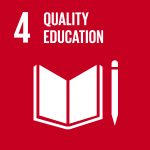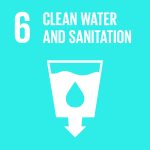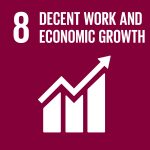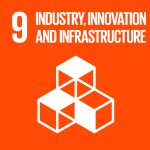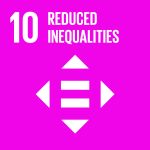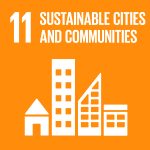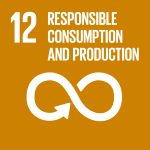Esta web utiliza cookies para que podamos ofrecerte la mejor experiencia de usuario posible. La información de las cookies se almacena en tu navegador y realiza funciones tales como reconocerte cuando vuelves a nuestra web o ayudar a nuestro equipo a comprender qué secciones de la web encuentras más interesantes y útiles.
Sustainable Aviation Education
Description
Institution
University Politehnica of Bucharest
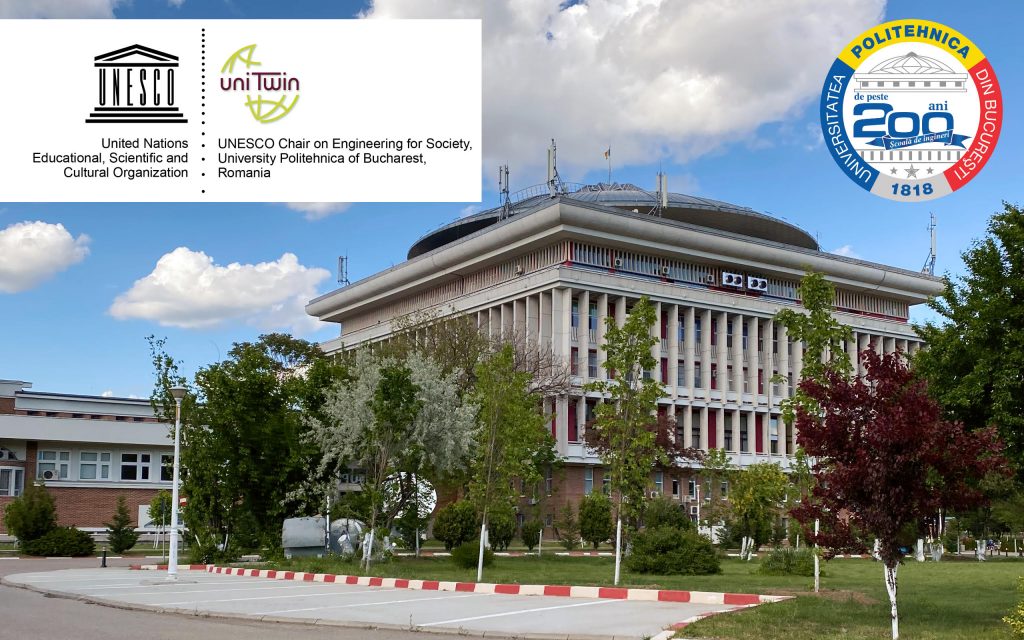
Organizations/areas of the university involved
UPB UNESCO Chair “Engineering for Society”, University of Zagreb, University of Zilina, University of Strasbourg, Instituto Superior Tecnico Portugal, Blue Air, Menzies Aviation, Croatia Airlines
Country
Romania
To achieve the SDGs, the UNESCO Chair “Engineering for Society” in the University Politehnica of Bucharest is implementing interdisciplinary programs on sustainable aviation education through green, smart and innovative IT&C perspectives.
Considering the key role of education in achieving SDGs and the need of a new learning culture in Higher Education to support sustainable development, UPB supported the international initiatives on sustainability by setting up a UNESCO Chair on “Engineering for Society” in 2017, which is currently developing two interdisciplinary master study programmes in alignment with the SDGs and the UNESCO objectives.
Our main target group are graduates of bachelor’s study programs from the field of transport engineering, aerospace engineering, and environmental engineering.
The “Green, Smart and Integrated Transport and Logistics” study programme is providing the students with a holistic understanding of different technology options and methods, cross-disciplinary abilities, all the necessary competences to develop, analyse and manage innovative and advanced sustainable systems for transportation and logistics.
The use of Information Technologies and Communications as a UNESCO objective is challenging the social environment and open innovative perspectives to education, in general, and in particular to aviation education. To meet these challenges, after several consultations with relevant stakeholders, the learning outcomes and curricula for a new interdisciplinary master program, “Information Technologies Applied in Aviation” were established, which became also a working package within the KA2 Erasmus+ project “Knowledge Alliance in Air Transport (KAAT)”. After receiving the feedback from several direct and associated partners, the final version was established. Currently it is being implemented in UPB, with the support of teachers from all European partner universities.
The study programs were designed and implemented as an international study programme using learning outcomes in line with the Education for Sustainable Development and IT applications and are being deployed using methods of competency-based learning. To add, the courses are conducted by international teams formed by teachers from UPB and teachers and professionals from other partner institutions from abroad having important contributions to the educational internationalisation policy of UPB.
For our next steps, we will be proposing new European projects for sustainable development and innovation in engineering processes and for the continuation of the policy of education. We will focus also to sustain the foreign students from African countries to enroll in our study programmes.
Results and impact measured or expected
One of the main impacts of the UNESCO Chair “Engineering for Society” is the implementation of interdisciplinary, international study programmes in line with the necessity of skilled work force with multidisciplinary knowledge and competences both in transport, economy, environment, IT and aviation.
We currently have 41 students enrolled, 2 incoming Erasmus+ students (1 from Spain and 1 from Slovakia) and 1 international student from Uganda, Africa.
The graduates gained skills and competences that allow them to apply for jobs such as: Chief Data Officer (CDO), Air Transport Data Architect, Big Data Architect, Cybersecurity Engineer, Virtualization Engineer, Data Protection Officer, Auditor, Responsible with Digital Data, Data Scientist, Airport UI & UX Designer, Growth Hacker, Mechatronic Engineer, Aviation Software Developer.
We are continuously assessing their insertion on the labour market in their field of study after they graduate, and we are periodically analysing and improving our study curricula.
Connection with the SDG framework
Our two master programs from the UNESCO Chair “Engineering for Society” in UPB, are having in common aviation education, but in an interdisciplinary approach, are combined with areas of maximum interest such as sustainability and digitalization.
The study programmes are being carried out in partnership with foreign universities, in line with UNESCO’s mission to provide education for sustainable development and to contribute to the achievement of SDGs and the 2030 Education Agenda. Therefore, an international group of professors and professionals are delivering complex and updated courses and applications on sustainable development. All courses from this master program have been designed in an integrative manner that leads, in addition to the acquisition of professional competences, to transversal and flexible skills for sustainable education. All courses contribute to achieving inclusive and equitable quality education (SDG 4), several of them support the economic dimension (SDG 6-10) and the environment concerns (SDG 11-13).
Barriers and follow up
Through the challenges we faced we can state the insufficient awareness of climate and environmental issues, the broad offer of study programmes in our university, and dissemination difficulties of the information in remote places such as African countries.
Another important challenge was the COVID-19 Pandemic. The modular design of the master programmes proved very resilient in the context of the global pandemic. Both the students and the staff adapted very fast to a full online mode of teaching.
The interconnectivity of the SDGs requires that teachers and professionals from aviation from different sectors should work together to deliver the goals, because all SDGs are very challenging with a multidimensional approach: people well-being, protecting the environment, sustainable economic performances, partnerships for sustainable development, peaceful and inclusive societies.
In our department, we are participating to the implementation of the 2030 Agenda for Sustainable Development for increasing sustainability-related competencies.
Transferability of the initiative
In the IT Applied in Aviation study programme, we used modern teaching and learning methods to commit to the achievement of SDG 4: Quality Education, by implementing this international study programme with the participation of international teachers and stakeholders. Our master can be transferred and implemented in other European states and developing countries from Africa via online teaching methods, as we already have the necessary IT infrastructure.
Partnerships are essential for the effectiveness of the United Nations actions. In this idea, the UNESCO Chair in UPB entered into innovative partnerships with a broad range of stakeholders and networks, including higher education institutions, UNESCO Chairs and centres from Europe, Africa and Asia, the private sector, professional associations, power and transport companies, international bodies from energy, aviation and education. A continuous objective is to enlarge the network of the Chair in order to support UNESCO functions and global priorities.
Education 4 SDG funciona gracias a WordPress
